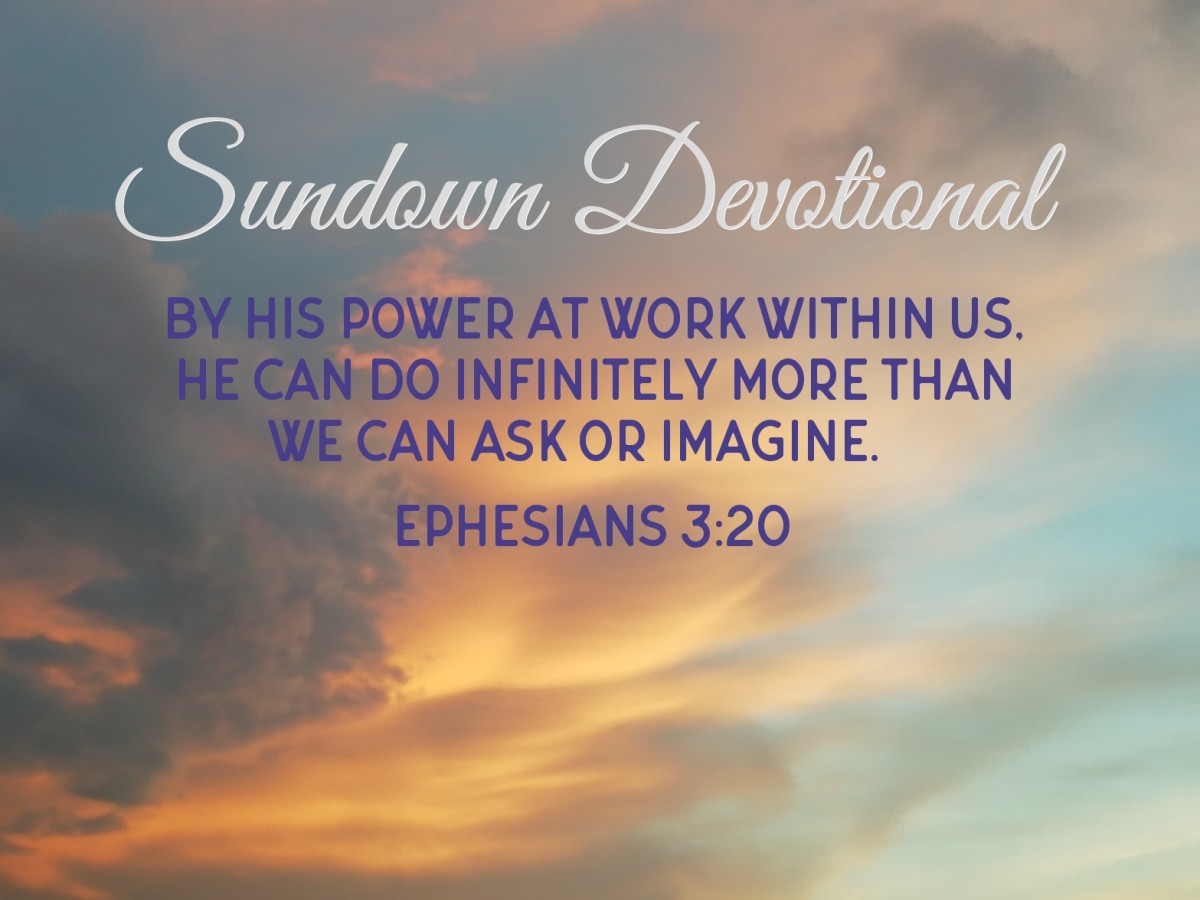The Art of Redeeming Our Time

The Art of Redeeming Our Time
The following are signs that reflect disorganized use of time :
· Cluttered desks
· Poor condition of car
· Reduction in self-esteem
· Forgotten appointments, no replies on telephone messages, missed deadlines
· Investing in unproductive tasks
· Poor quality of work
· Not experiencing an intimate relationship with God
· Lack of quality time with family
Which of the above you experience right now ?
The Problem of Unseized Time
“ Be very careful then how you live – not as unwise but wise , making the most of every opportunity, because the days are evil.”
Ephesians 5 : 15-16
Unseized time flows toward our weakness. When we have not adequately defined a sense of mission and not truthful about our weaknesses, we tend to invest large amount of time doing things we are not good at instead of delegating them to others. Consequently, the things we can do with excellence and effectiveness- where we can make the most impact are blocked and neglected.
Unseized time comes under the influence of dominant people in the world. When we do not have control of our time and set up our own budget, controlling people tend to force their priorities and agenda upon us.
Unseized time surrenders to the demand of all emergencies. This is called the tyranny of the urgent. Most of us find ourselves surrounded by the events that cry out for immediate attention. Our time are consumed responding to the urgent things that we do not have time to do the important ones.
Unseized time gets invested in things that gain public recognition. We are most likely to give our unbudgeted time to events that will bring the most immediate and greatest praise instead of the more important task of discipling and helping people.
The Principle of Organizing Time
“Teach us to number our days aright , that we may gain a heart of wisdom.”
Psalm 90:12
The central principle of all personal organization of time is simple: time must be budgeted !
Most of us learned this about money a long time ago. When we discovered that we rarely had enough money to do all the things we wanted to do with it, we found it prudent to sit down and think through our financial priorities.
With money, the priorities are obvious. We budget by first allotting amount to our financial commitments to God, the necessities such as fixed expenditures, food, house, utilities,etc., after that the discretionary things which are more of wants than needs. When people do not understand the difference between the fixed and the discretionary aspects of their finances, they usually end up in debt- the financial version of disorganization.
When money is limited, one budgets. And when time is in limited supply, the same principle holds. The disorganized person must have a budgeting perspective, That means determining the difference between the fixed – what one must do- and the discretionary – what one would like to do.
The Pattern in the Right Use of Time
Jesus is the Lord of time – He is one Person who never seems to have a wasted moment . All four Gospels present a picture of Christ under constant pressure by His friends and enemies, every word was monitored, every action was analyzed, every gesture commented upon. Essentially Jesus had no private life. But one never gets the feeling when studying the life of Christ that He never hurried , never tried to catch up on things,or was He ever taken by surprise. What do you think cause Him to be such an organized person with his human limitations ?
Jesus clearly understood His Mission
He had a key task to perform, and He measured His use of time against that sense of mission.
Example One : Blind Man (Luke 18 : 35 – 40)
Jesus was approaching Jericho. His friends and critics are irritated because Jesus did not appreciate that Jerusalem was still six or seven hours away, and that they would like to achieve their purpose, the celebration of Passover. However Jesus allowed himself to be delayed and sidetracked by a blind man.
Example Two : Zacchaeus ( Luke 19: 1-5)
Not long after the first encounter, Jesus stopped once again , this time under the branch tree to call down Zacchaeus, a well=known tax collector. It was the Lord’s idea that the two get together at Zacchaeus house. Once again the crowd was incensed, not only because of Zacchaeus reputation but once again the trip was interrupted,
For Jesus reaching out to a blind man and Zacchaeus was not an interruption and for Him it is more important than going to an event. For Jesus, the most important is the salvation of souls more than any celebration. Jesus gives high priority on ministering to people more than attending events and activities. How about you ? What is your priority ? Do you prioritize God’s agenda for the world more than your ambitions ?
Jesus understood His own limits.
When Jesus came to earth as the Incarnate Son of God, He set aside His divine rights and accepted for a time certain human limitations in order to fully identify with us.
He had a time of preparation.
Jesus – There were 30 years of silence before His public mission
Moses – Moses spent 40 years in the desert before he led Israel out of slavery
Paul – Paul has spent extensive amount of time in the desert before his apostolic ministry.
He spent time in prayer.
Jesus communed with the Father at important stages of His ministry.
· Forty days praying and fasting in the wilderness
· Choosing of the Twelve
· Withdrawal to the Mount of Transfiguration
· Gethsemane
Prayer was also a regular practice all throughout His ministry,
Jesus set aside time for mentoring others.
With a world of millions to reach, Jesus budgeted the majority of His time to be with just a few simple men. Prime time was invested in teaching them heavenly insights, sharing the ministry with them and permitting them to watch every action and hear every word. They were given special assignments and valuable hours were spent to debrief them.
Additional Practical Tips on Time Management
· Know your rhytm of maximum effectiveness. There are various tasks you accomplish best at certain times and under certain conditions.
· Have good criteria for choosing how to use your time. One of the greatest tests of human character is found in making critical choices of selection and rejection amidst all of the opportunities set before us. Sometimes we need to say “No” to good things in order to say “Yes” to what is best. We determine this by aligning our decisions to God’s mission and agenda.
· Seize time and command it when you budget it far in advance. Plan and calendar in advance: 1) the non-negotiables such as spiritual disciplines, mental disciplines, Sabbath rest, commitments to family and special friends, etc. 2) main work such as sermon study,writing, leadership development, discipling,etc. 3)negotiable
.
This Bible study lesson is prepared by Ramil Dizon – cellgroup leader Professionals Ministry of Grace Bible Church in Manila, Philippines.
Source :
Ordering Your Private World By Gordon MacDonald








